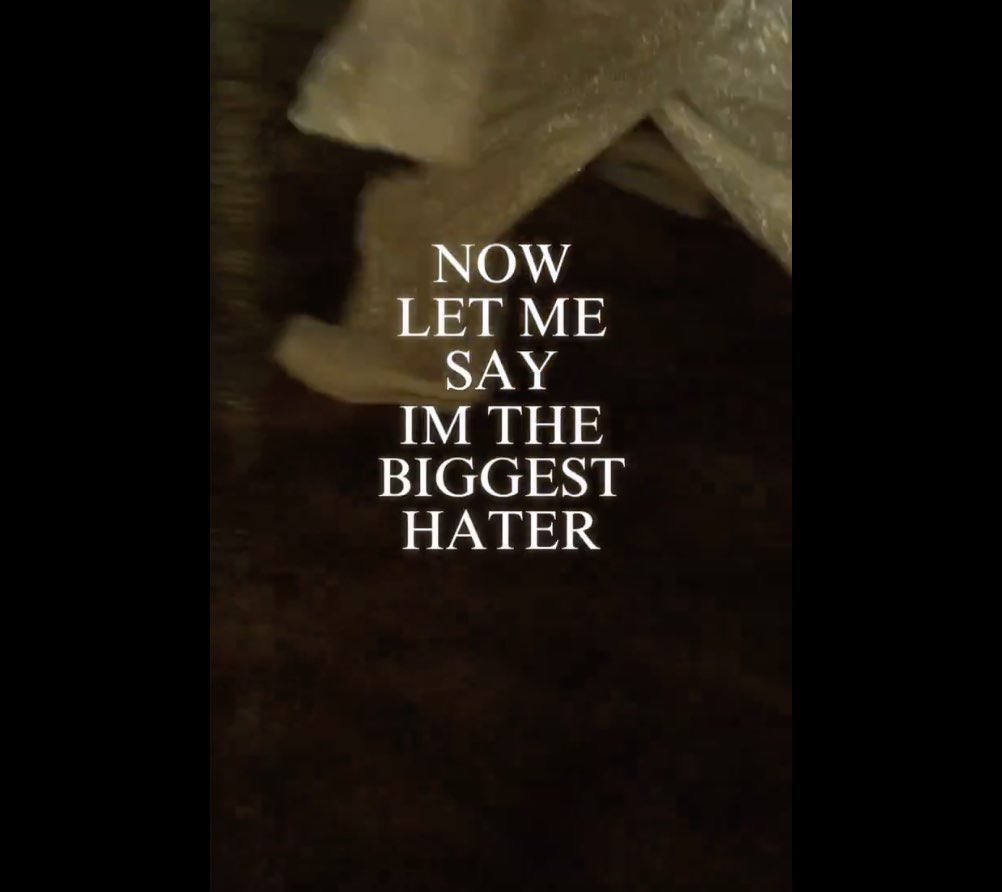-13
In reply to:
Ilhan Omar
@IlhanMN
·
610d
Justice Democrats
@justicedems
·
610d
The statement 'Now let me say I'm the biggest hater' appears to be a self-declaration of animosity or opposition, possibly in a sarcastic or rhetorical context given the preceding political discourse. It seems to be a response to a chain of political statements involving criticisms and accusations between public figures.
- The statement does not strive to do no harm, as it embraces a negative label ('hater'), potentially exacerbating hostility. [-2]Principle 1:I will strive to do no harm with my words and actions.
- It does not respect the dignity of others, as it implicitly endorses negative emotions or actions towards others. [-2]Principle 2:I will respect the privacy and dignity of others and will not engage in cyberbullying, harassment, or hate speech.
- The statement does not promote understanding, empathy, or compassion, but rather aligns with divisive language. [-2]Principle 3:I will use my words and actions to promote understanding, empathy, and compassion.
- It does not engage in constructive criticism or dialogue but seems to perpetuate a confrontational stance. [-2]Principle 4:I will engage in constructive criticism and dialogue with those in disagreement and will not engage in personal attacks or ad hominem arguments.
- There is no indication of acknowledging or correcting mistakes; the statement is more about asserting a position. [-1]Principle 5:I will acknowledge and correct my mistakes.
- The use of the term 'hater' does not contribute positively to societal betterment but may reflect personal or political frustrations. [-2]Principle 6:I will use my influence for the betterment of society.
- The statement does not uphold the principles of free speech in a responsible or integrity-filled manner, as it may encourage divisiveness rather than informed discourse. [-2]Principle 7:I will uphold the principles of free speech and use my platform responsibly and with integrity.

